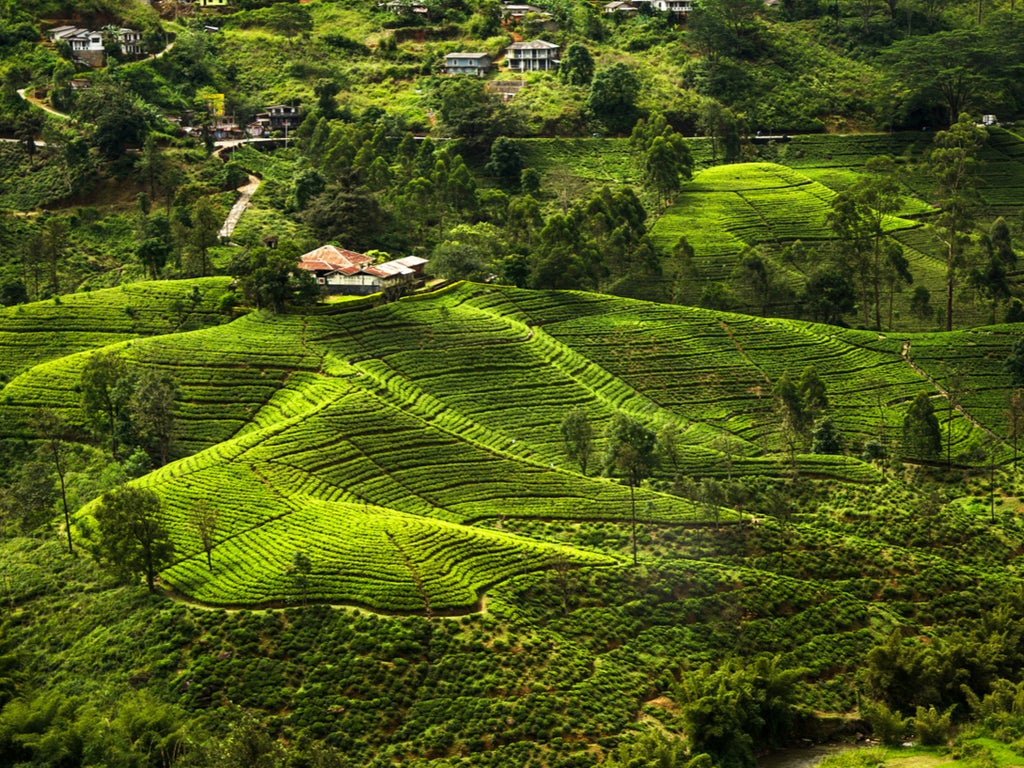
Violent protests have been staged in Sri Lanka as the country faces an economic crisis.
Troops have been ordered to open fire on looters after protesters set fire to a number of prominent politicians’ houses in recent days.
A country-wide curfew has been imposed in response and the Foreign Office (FCDO) has updated its guidance on the southeast Asian nation.
So what are the latest rules and are holidaymakers safe to travel there? Here’s everything we know so far.
What is happening in Sri Lanka?
Sri Lanka has been gripped by protests for more than a month, which have spread from the capital to the countryside, in response to critical shortages of fuel, cooking gas and medicine, alongside rolling power cuts. People have been queuing for hours to buy essentials.
A state of emergency was declared on 6 May; this week, protesters set fire to homes and businesses belonging to ruling party lawmakers and politicians. Eight people died in the unrest and more than 200 were injured, according to local police.
The violent clashes led to the resignation of the prime minister, Mahinda Rajapaksa, on 9 May. Along with his brother, the president, Mr Rajapaksa has been blamed by many for plunging the country into its worst economic crisis in decades.
In response to increasingly violent altercations between protesters and pro-government mobs, an island-wide curfew was imposed this week with immediate effect.
Are holidaymakers subject to curfew?
While there is a curfew, holidaymakers can leave the country at any time. The Sri Lanka Tourism Development Authority has confirmed that international travellers can show their passports and airline tickets to travel to and from the airport during the curfew.
What should Brits do if they are currently in the country?
The Foreign Office advises that travellers “be vigilant, avoid any demonstrations or large gatherings, and follow the advice of the local authorities.”
Can I cancel my holiday to Sri Lanka?
Holidays from the UK to Sri Lanka are still operating and tour operators are advising customers that it is safe to travel there. The unrest has been mainly focused in the capital, Colombo - the Galle Face area in particular - plus the city of Kandy, in the centre of the country. Many tour operators’ packages focus on beach resorts along the west coast of the island.
Although the FCDO has updated its guidance on the country, it does not advise against all but essential travel to Sri Lanka. This means that, if holidaymakers choose to cancel a trip, they are not entitled to an automatic refund.
However, some companies are amending their itineraries to avoid Colombo - Experience Travel Group, for example, has changed packages so that “people can enjoy the beach or interior for longer”.
What does the Foreign Office say?
“Several incidents took place on 9 May involving violence against protesters, including in the Galle Face area, where authorities used tear gas and water cannons. Incidents also took place near Beira Lake in Colombo, Kandy, and in other parts of the country, resulting in injuries and loss of life. Further incidents could take place. You should avoid all protests and follow the advice of local authorities.
“Strike action has been called by Trade Unions for an indefinite period. This may cause disruption to public services, including transport. Flights and airport operations continue to operate.
“The economic situation is deteriorating in Sri Lanka with shortages of basic necessities including medicines, fuel and food because of a shortage of hard currency to pay for imports. There may be long queues at grocery stores, gas stations, and pharmacies. Local authorities may impose the rationing of electricity, resulting in power outages.
“There have been a number of protests since 31 March 2022. A State of Emergency was declared on 6 May. There are reports that further protests are likely to take place across the island. The Government of Sri Lanka may impose local restrictions at short notice. You should be vigilant, avoid any demonstrations or large gatherings, and follow the advice of the local authorities.”







